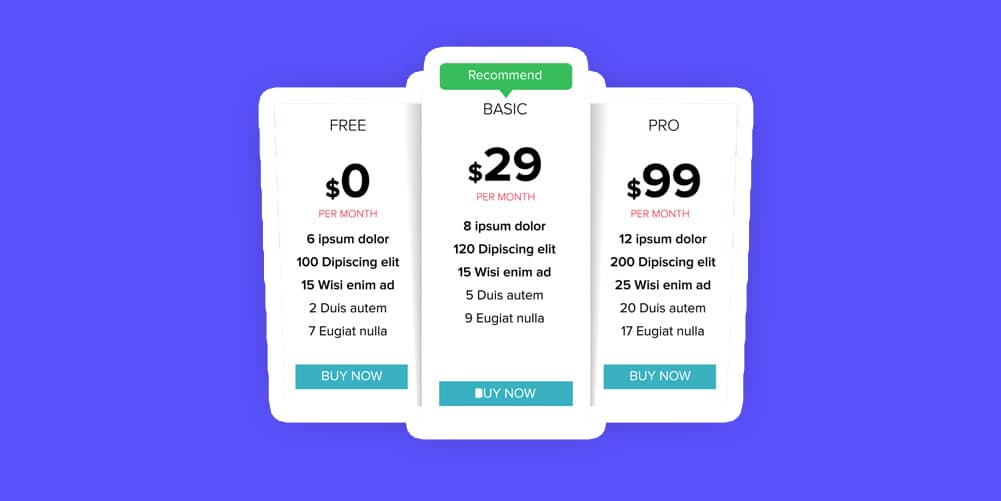
What is a productized service?
If you’re looking for a way to earn more while doing less, productizing your service may be a viable option.
But many people use the term “productized service” without fully understanding the concept. Before forging ahead, it’s important to define what productization really means.
The definition of a productized service
A productized service packs the skills and know-how of a service provider into a standardized solution for a narrowly defined target customer. It’s offered at the same scope and price and delivered systematically across all clients. The result is a high-quality service that requires less effort to sell and fulfill.
Let’s unpack that. When you productize your service, you:
- Focus on one specific problem you can solve.
- Define exactly who you will solve it for.
- Standardize the activities you will do to solve the problem.
- Charge the same price every time.
- Document, templatize, and automate how you will provide the service as much as possible.
This lets you:
- Sell your services more easily, because you’ve removed ambiguity. A customer can look at the description on your website and know exactly what they’re getting, like ordering a product.
- Maintain consistent quality, thanks to internal systems that provide guardrails.
- Fulfill your service with less effort, because you are reusing the same skills, processes, and knowledge every time.
In essence, productization lets you multiply the units of service you can sell, as if you were selling a product.
The importance of service productization
When you offer a professional service for a living, your earning potential is limited to the amount of work you can do. To earn more, you’ve got to do more. Productizing your service lifts that limitation.
This increases your profitability. You can provide your service more efficiently, with more predictable revenue. It lets you easily delegate tasks if you wish, or simply take on more clients than you could if you provided custom services.
The concept of productized services is not new. Service providers have been making use of predefined features and processes and re-using their know-how for decades.
Now, many types of service providers are realizing the benefits of productization. But misconceptions remain, especially when it comes to distinguishing between productizing and packaging services.
The difference between packaged and productized services
Productization goes farther than simply packaging your services. When you productize your services, you emphasize the end solution you’re offering, rather than a list of things that you can do. This means you narrow the scope of what you offer and who you offer it to.
Many agencies and consultants already offer their services in packages. They do this to show potential clients that they can provide services at various levels, so as not to rule out customers with different budgets or needs. They serve a wide range of clients.
For each new client, the consultant or agency researches the client’s industry, creates a custom proposal or strategy, and fulfills the service according to the client’s needs and budget.
Productizing your services requires a shift in thinking
To productize your services, you need to figure out what you do best and who that can benefit most. Then you offer that specialized service to the narrowly defined customer.
For example, a digital agency may decide to productize its services by focusing on making Facebook ads for restaurants.
This specialization is powerful, because the benefit of consulting comes wrapped into the service without requiring extra work, since the offering tightly matches up with what the target customer needs.
Then, the agency can create internal systems to help them provide this service much more efficiently than they ever could before. This is because all their customers are in the same industry, and they are providing the same service over and over. They can cut down on research time, standardize their processes, and reuse assets, for example.
Think of your business as an asset, rather than a job. You may eventually like to reach the point where it can run entirely without you. (For more on this concept, check out the book Built to Sell.)
The difference between productized services and SaaS solutions
The software as a service (SaaS) model differs from productized services, because there’s no need to create software. You don’t need to know how to code at all, nor hire someone with technical expertise.
You can systematize and streamline the service you provide using ready-made tools like ManyRequests.
That said, it’s entirely possible that at some point you may spot an opportunity to create a SaaS business while you’re productizing your service. In fact, building a software product that automates your service is one way to productize. But the fundamental definition of service productization does not require this.
See how others are productizing their services
If you offer a service, it’s worthwhile exploring whether productization is right for your business.
Explore our interviews with business owners who have made the leap here on our blog. (If you’d like to be featured,
just send me a tweet.)
And while you’re here, join our newsletter
and Facebook group to keep learning more about how
you can productize your services.
Running an agency?
ManyRequests is an all-in-one client portal and client requests management software.
Learn more